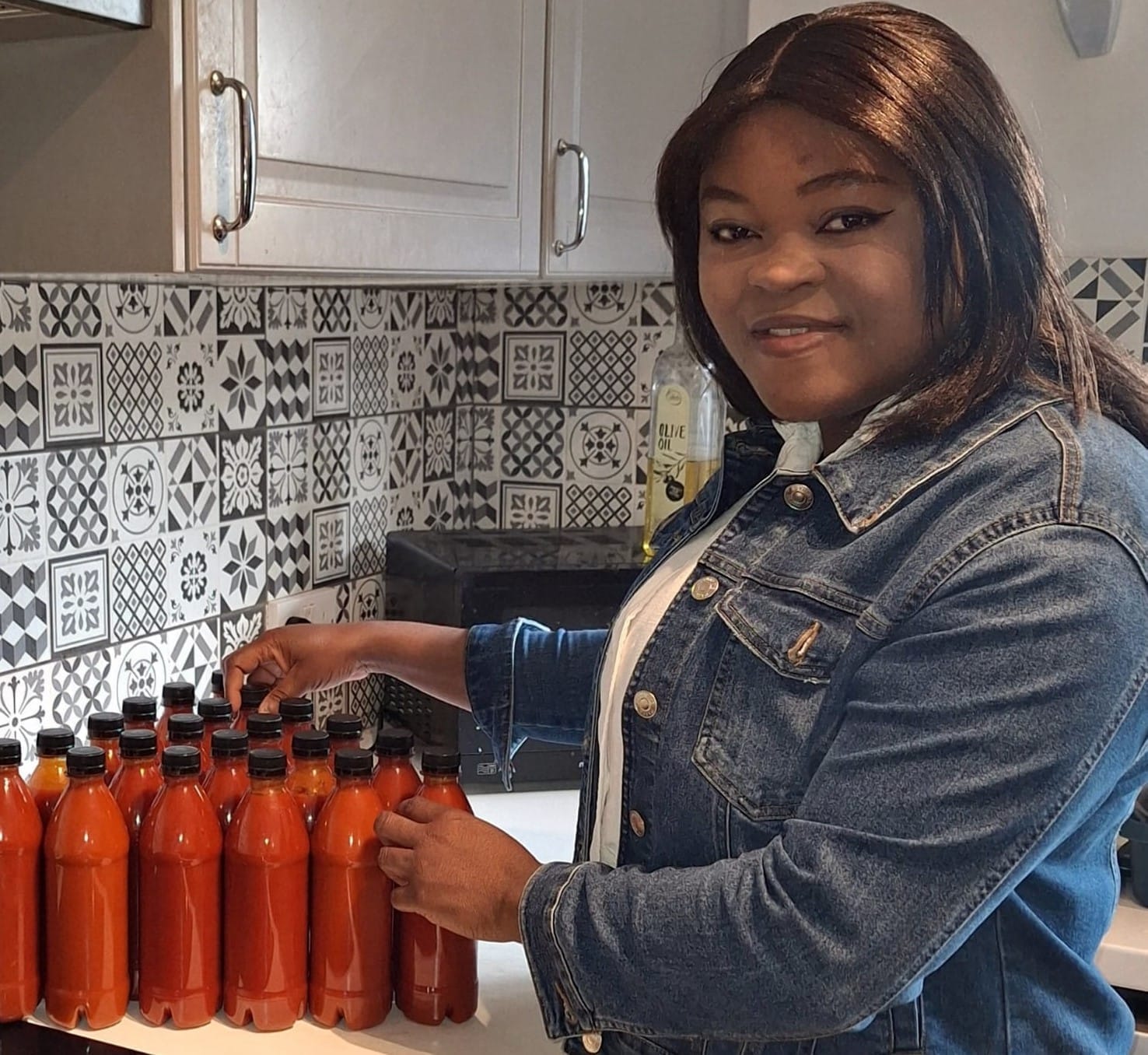The UK’s Immigration White Paper Is Here: New Rules. Old Story — And It’s Bad News for Black Migrants
Has It Come To This?
When I first moved to the UK, I came with nothing but dreams, a few pounds in my pocket, and an unshakable belief that hard work would open doors. I believed the UK was a place where, if you followed the rules, contributed, and stayed out of trouble, you'd earn your place and build a life.
I didn’t come here to “take”—I came to give. And like many other Black immigrants, that’s exactly what I’ve done. I work hard, I pay taxes, I support my family here and back home, and I’ve tried—truly—to become a part of this society. But when I read the latest immigration white paper from the UK government, Restoring Control Over the Immigration System (May 2025), I felt like I was being told: You don’t belong here.
Here’s how the policies in this document hit me—personally.

1. Ten Years to Citizenship? That’s a Decade in Limbo
The government now wants to extend the time immigrants must wait before applying for citizenship from five to ten years. Ten years. That’s ten years of uncertainty, of waiting to feel like I truly belong. For people like me—Black immigrants from countries like Nigeria, Ghana, or Jamaica—this isn’t just a delay. It’s a sentence. Many of us are working multiple jobs to support families across two continents. Ten years means a decade of being unable to vote, travel freely, or feel secure.
→ Read more: https://www.gov.uk/government/publications/restoring-control-over-the-immigration-system-white-paper
2. Higher English Requirements? At What Cost?
Another painful hit: the proposal to increase English proficiency standards for visa extensions and citizenship. Many of us already speak English—it’s often our official language back home. But accents, dialects, and cultural nuances mean some of us may struggle to meet arbitrary test standards. I think of my aunt, who works 60-hour weeks in social care, and still struggles with the Queen’s English. She’s smart, kind, and an asset to this country—but these rules will push her out.
3. Cutting Down Social Care Visas Means Cutting Out People Like Me
One of the proposed reforms is to restrict work visas for social care workers. Let me be clear: Black immigrants are the backbone of the UK’s care industry. We are the carers, the nurses, the home assistants, the hospital porters. This job may not be glamorous, but it’s noble—and it’s necessary. So why is the government making it harder for us to do this work?

4. Only “High-Earning Migrants” Welcome?
The paper makes it clear that the UK prefers “high-contributing” migrants—translation: people in high-paying tech or finance roles. But the truth is, most Black immigrants I know came here to do the work that keeps the UK running: NHS staff, delivery drivers, cleaners, carers, bus drivers. We may not wear suits to work, but we hold up this economy. To be told we are not “valuable enough” is heartbreaking.
→ See the government's current skilled worker visa criteria and measure it against the changes proposed in the white paper: https://www.gov.uk/skilled-worker-visa
5. More Detention and Deportation? It Feels Like We’re Being Watched
With promises of tighter enforcement, more detentions, and faster deportations, I can’t help but think about Windrush. My community still carries the scars of that betrayal—people who lived here for decades were detained and deported like criminals. These new proposals make me afraid that history is about to repeat itself. I’m reminded that being Black and immigrant in the UK often means being presumed guilty until proven innocent.
→ Learn more about the Windrush scandal: https://www.gov.uk/government/collections/windrush-lessons-learned-review
6. No Mention of Racial Disparities—We’re Invisible Again
What’s most painful about this document is what it doesn’t say. There’s no mention of how the immigration system disproportionately affects Black people. No commitment to fixing racial bias. No acknowledgement that we often face systemic barriers others don’t. It’s like we don’t exist—or worse, that we don’t matter.
→ Why race must be part of the immigration conversation: https://www.runnymedetrust.org/

This white paper doesn’t feel like policy. It feels like rejection.
It tells me, and people like me, that our hard work is not enough, our sacrifices are invisible, and our dreams are not valid. It reduces us to statistics and “migrant types” while ignoring our stories, our families, our humanity.
But I’m not going anywhere. I’m staying. I’m speaking. I’m pushing back.
Because I know that Black immigrants are part of the soul of this country. We’ve built lives here. We’ve raised children here. We’ve kept the lights on in hospitals, driven your buses, cleaned your schools, and loved this place—even when it hasn’t loved us back.
So if you’re reading this, and you’re a Black immigrant—or someone who cares—please don’t be silent. This policy affects us all. And it’s time we told our own stories.
With love, resistance, and hope,

Gaius Amonye
A Black immigrant, UK resident, and human being
Founder, StandTall Resources
Researcher | Financial Educator | Advocate for Black Wealth
Connect with me on LinkedIn: Gaius Amonye
Explore more resources on my website: StandTall Resources
📢 ACTION STEP: Forward this to someone who needs to read it. Share your thoughts. Raise your voice. Let’s stand tall—together.
P.S. Want to learn more about how immigration policy affects Black communities? I’m working on a podcast and newsletter series to explore this in-depth. Stay tuned.
Join StandTall Community for free
Created with ©systeme.io


